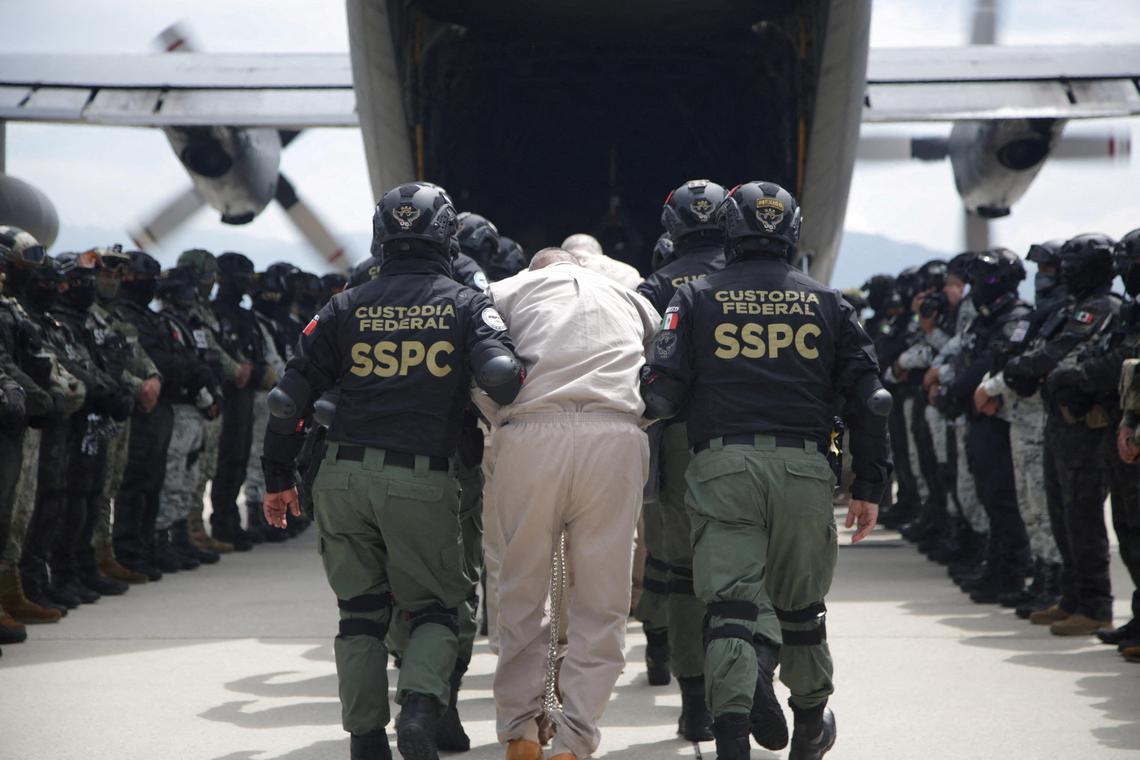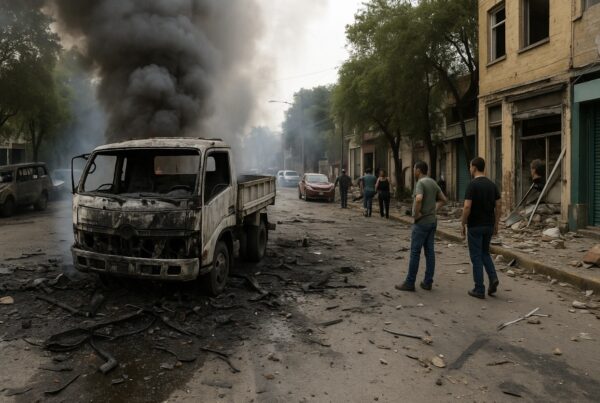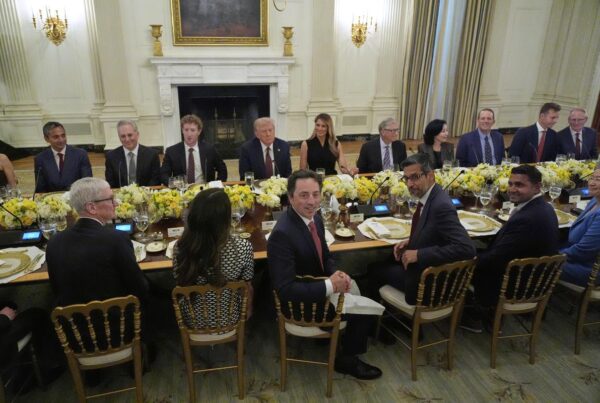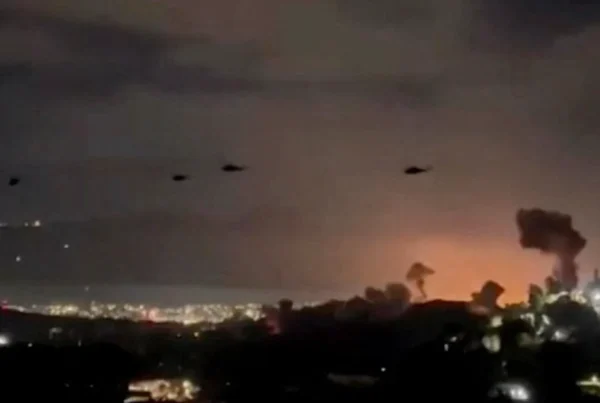The United States has stepped up its military operations in the Southern Caribbean, deploying naval and air power to counter threats posed by Latin American drug cartels. This move marks an escalation in Washington’s national security strategy, as these groups are now classified as global narcotics terrorist organizations. The information was confirmed by three official sources interviewed by Reuters on Thursday, August 14, 2025.
President Donald Trump’s administration has directed the Department of Defense to prepare military options in response to the cartels’ growing activity along drug trafficking routes into the US. The effort includes deploying at least two warships to strategic waters and intensifying aerial patrols for surveillance and intelligence gathering.
Primary Targets: Major Latin American Cartels
According to reports, the main targets of this operation are three powerful organizations with extensive networks and direct access to the US drug market. The Sinaloa Cartel from Mexico, Tren de Aragua from Venezuela, and the Cartel de los Soles, linked to elements of the Venezuelan military, were all designated as global narcotics terrorist organizations in February 2025.
This designation grants the US military broader authority to conduct offensive operations in international waters without the lengthy procedures of civilian law enforcement. It means that any movement by these groups in open waters can be met with immediate military action.
Military Assets Deployed
The operation in the Southern Caribbean involves guided-missile destroyers, maritime surveillance aircraft, and fighter jets for close air support. The warships are tasked with blocking key maritime routes often used by the cartels, while the surveillance aircraft monitor from above to track the movement of high-speed boats frequently used for smuggling narcotics.
This combined use of sea and air power is designed to close gaps previously exploited by the cartels to evade detection. Some sources noted that coordination with neighboring countries in the Caribbean remains limited due to the diplomatic sensitivity of cross-border military operations.
Political and Security Dimensions
The deployment sends a strong message that Washington views the cartel threat not merely as a criminal issue but as a matter of national security. Labeling them as terrorist organizations enables the government to use the full spectrum of military capabilities, similar to strategies applied against armed militant groups.
However, the Pentagon has yet to disclose details on the operation’s duration or the rules of engagement for troops in the field. Neighboring countries such as Colombia and Trinidad & Tobago have not yet stated whether they will participate or act solely as observers.
Regional and International Implications
This move has the potential to reshape security dynamics in the Caribbean. Maritime routes that have long served as major smuggling corridors will now come under heightened surveillance. This may push cartels to shift their operations to other regions, impacting coastal security in Central and South America.
Increased US military activity in the Caribbean also raises the prospect of future joint operations, especially if neighboring states decide to join the effort. Analysts warn, however, that this policy could spark diplomatic tensions with Venezuela, given that one of the primary targets is a network allegedly linked to high-ranking Venezuelan officials.
With this deployment, the United States signals its readiness to use its full military capacity to cut off the flow of narcotics threatening its domestic security. The operation not only reflects a firm stance in US foreign policy but also serves as a test of international security coordination in a region vulnerable to conflict and transnational crime.




